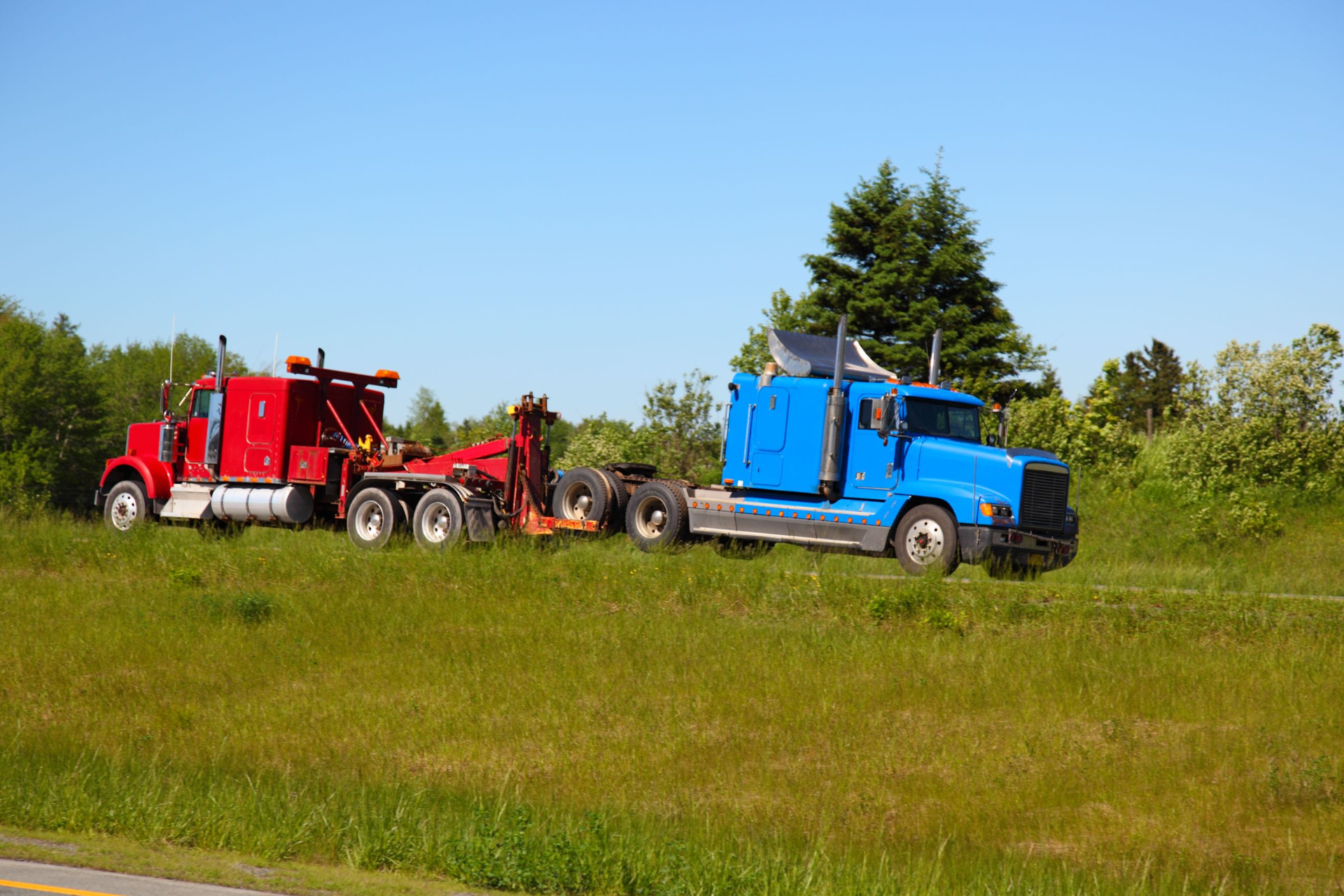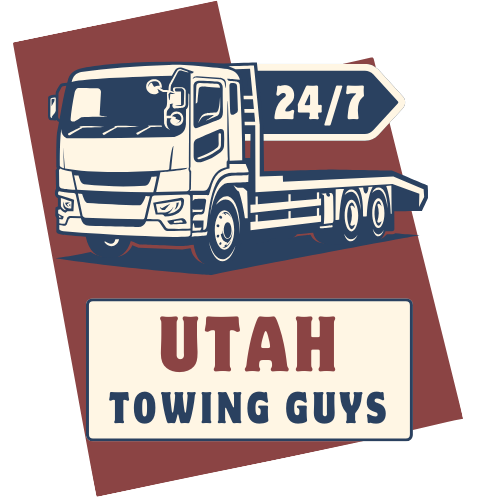Towing Safety: What You Need to Know About Your Vehicle's Towing Capacity

When it comes to towing, safety should always be your top priority. At Utah Towing Guys, we understand how important it is to ensure that both your vehicle and your towed load are safe while on the road. One of the key components of towing safely is understanding your vehicle's towing capacity. Let's break down what this means and why it’s critical for a worry-free towing experience.
What is Towing Capacity?
Simply put, your vehicle's towing capacity refers to the maximum weight it can safely tow. This limit is determined by various factors including the vehicle's engine power, transmission type, axle ratio, and overall design. Exceeding this capacity can lead to accidents, damages, and even legal issues. Therefore, it’s crucial to know your vehicle's towing limits before hooking up a trailer, camper, or any other type of load.
How to Find Your Vehicle’s Towing Capacity
The first step in ensuring safe towing is to consult your vehicle’s owner manual. Most manuals provide detailed specifications, including towing capacity, payload limits, and other critical information. If that’s not handy, you can also find this information online on your vehicle manufacturer’s website. Remember, this number is not just a guideline; it’s a crucial figure that should always be respected.
Factors That Affect Towing Capacity
Towing capacity isn’t just about the tow vehicle; it also involves the load you’re hauling. A few factors can influence how much weight you should be towing, including:
1. Trailer Weight
This includes the weight of the trailer plus any cargo you're carrying. Always factor in this total when assessing whether you’re under your vehicle’s towing capacity.
2. Cargo Weight
The weight of everything you plan to carry in your vehicle also plays a role. If your vehicle is already loaded down with passengers and cargo, it can reduce the amount you can tow.
3. Hitch Rating
The hitch type you use should also match or exceed the weight of your load. Make sure your hitch is rated correctly; using an under-rated hitch can lead to breakage and accidents.
4. Braking Systems
Some loads may require additional braking capabilities. For example, a large trailer might need a supplemental braking system to stop safely.
Safety Tips for Towing
Once you’ve assessed your vehicle’s towing capacity, here are some additional safety tips:
- Check Your Equipment
Ensure that your hitch, chains, and all towing accessories are in good condition. Regular checks can prevent failures on the road.
- Distribute Weight Evenly
Proper weight distribution can help eliminate swaying and ensure easier handling on the road.
- Drive with Caution
Towing changes your driving dynamics. Take turns slowly and allow for increased stopping distances.
- Plan Your Route
Certain roads and bridges have weight limits. Familiarize yourself with your route to avoid unexpected challenges.
At Utah Towing Guys, we are dedicated to helping you with all your towing needs, from roadside assistance to safe towing practices. Understanding your vehicle's towing capacity is vital to your safety and the safety of others on the road. If you ever find yourself in need of a tow or any related services, feel free to reach out to us. Stay safe and happy towing!




